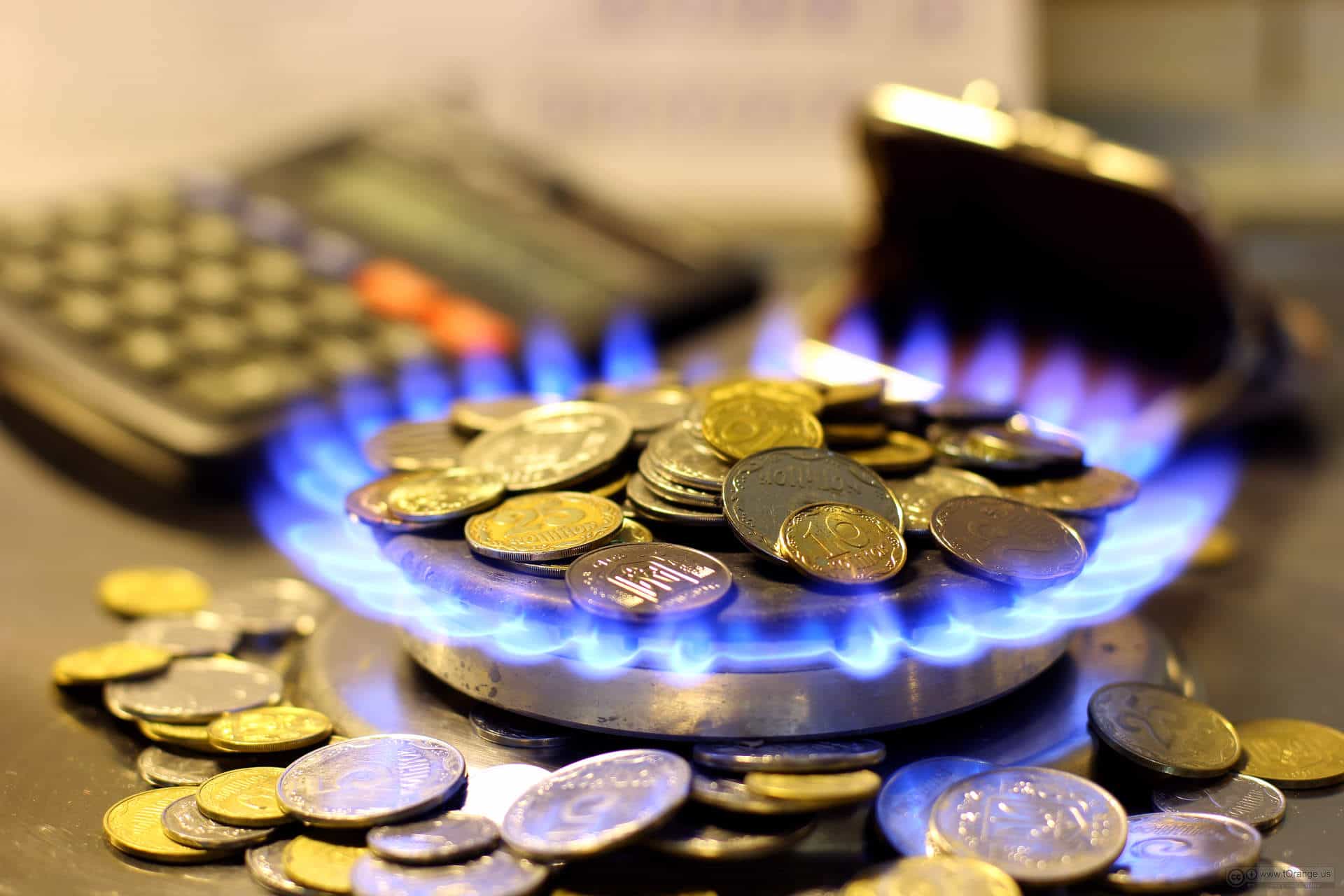
While nearly every dividend in the oil sector has come under fire, by far the safest place to be has been the midstream segment. These companies are still prone to swings in energy prices, but their businesses typically charge customers based on volumes, not the underlying price of the commodity.
One such company, which has paid a continuous stream of dividends since its IPO, still pays an $0.08 monthly dividend that results in a 9.8% yield. Even when that yield hit 13% in January, the company stuck by its payment.
Should you be interested in this reliable, high-yield midstream company?
Historically a solid business
Veresen Inc. (TSX:VSN) looks like most midstream energy players, operating roughly 6,000 kilometres of regulated transmission pipelines as well as 1,300 kilometres of other transportation assets for natural gas liquids. It also has various commodity processing plants along with 13 power plants operating under contracts that average another 17 years.
Typically, many midstream companies secure contracted volumes before building begins. This gives them cash flow visibility and calculable returns as long as the construction comes in on budget. Historically, Veresen’s assets have been no different, producing reliable streams of income despite fluctuating energy prices.
High risk, high reward
In contrast to its historically conservative midstream business, Veresen is finalizing its $7 billion Jordan Cove terminal, a natural gas project that is being built with the anticipation of demand rather than secured bids.
The biggest allure of the project is that it can connect isolated gas production sites to Asian markets. A Moody’s Corporation report on North American LNG projects praised the Jordan Cove project, saying that it is “differentiated from its Canadian neighbors [as it provides] the proposed gas-linked contracts that Asian offtakers are seeking.” Only time will tell if buyers appear.
“I have got a $5 billion market cap and I am looking at a $7 billion capital project,” the company’s CEO said in an interview with the Financial Post. Today, that market cap is down to just $3.1 billion. “I am going to spend a lot of money to get this project and its high-risk dollars.”
Other growth projects are also reliant on the success of the Jordan Cove project.
In 2014 Veresen completed a $1.4 billion acquisition of the Ruby Pipeline, providing direct access to the U.S. West Coast through the proposed Pacific Connector Gas Pipeline. This move would help supply the proposed Jordan Cove LNG terminal. The company believes that this “should provide stable, long-term contracted cash flows with significant expected growth,” but it will rely heavily on demand for the Jordan Cove terminal.
What should you do?
Don’t buy shares for the income. Veresen will become increasingly dependent on the success of a single project, putting the visibility of its dividend in doubt. Even if the Jordan Cove project is a long-term success, there is no reason to believe that the first few years of operation will be smooth sailing. With no secured buyers yet, Veresen may have to slowly build up demand.
If the project is a success, however, the stock would clearly have room to double or more. By 2019, Veresen management anticipates being able to spend 95% less in capital expenditures, resulting in massive free cash flow.
If you’re comfortable with taking on capital appreciation risk, Veresen is still a viable option with plenty of upside. If you’re looking for a reliable source of high-yield income, however, an investment doesn’t make sense until the success of the Jordan Cove project is better assured.







